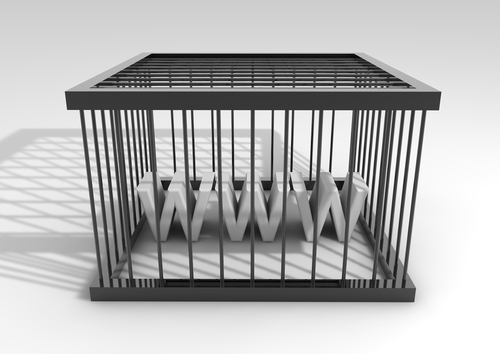Cameron Calls For ‘More Action’ Against Online Child Abuse Images

The government is to convene a summit with leading Internet companies, including search engines and ISPs, on how the industry can take more direct action against abusive online imagery
Prime Minister David Cameron has called upon Internet companies, including Google, to take “more action” against online child abuse imagery, ahead of a summit on the issue set for 17 June.
Cameron said Internet companies should make use of their “extraordinary technical abilities” to “root out” child abuse images online.
More action on child abuse
“I am sickened by the proliferation of child pornography,” the Prime Minister said in comments provided to the press. “It pollutes the Internet, twists minds and is quite simply a danger to children… That is why the government I lead is convening a roundtable of the major Internet companies, and demanding that more is done.”
Cameron said he is calling for “action” to be taken beyond existing efforts such as those of the Internet Watch Foundation, which is supported by ISPs and search engines including Google.
 “There are encouraging signs that the industry is willing to step up, increasing funding and technical support for organisations combating child sexual abuse imagery online. But I want more action,” Cameron added.
“There are encouraging signs that the industry is willing to step up, increasing funding and technical support for organisations combating child sexual abuse imagery online. But I want more action,” Cameron added.
The government summit will bring together Internet companies including search engines, as well as Culture Secretary Maria Miller and Conservative MP Claire Perry, who is Cameron’s advisor on the issue.
The firms will reportedly be urged to fund teams of investigators to trawl the web and remove abusive images.
Cameron’s comments, and the upcoming meeting, have come in response to two recent murder trials, in which child murderers Mark Bridger and Stuart Hazell were found to have viewed violent child abuse images via the Internet.
Moral leadership
Last month John Carr, a government adviser and member of the Internet Task Force on Child Protection, told the BBC Radio 4’s Today programme that Google should show moral leadership on the issue. Carr is among those calling for an approach which would require users to register with their ISPs in order to view even legal online pornography.
Last week, Miller wrote to telecoms companies and Internet service providers, including BT, Google and Facebook, demanding they talk about how to better censor “harmful content on the Internet”.
Google has responded that it already has a zero-tolerance approach to child abuse images, and works with the Internet Watch Foundation to identify such images, remove them from its search listings and report them to the authorities.
“When we discover child abuse imagery or are made aware of it, we respond quickly to remove and report it to the appropriate law enforcement authorities,” said Scott Rubin, communications director at Google, in a statement sent to TechweekEurope following Carr’s comments.
The Internet Services Providers’ Association (ISPA UK) said its work has helped to greatly reduce the proportion of child abuse content hosted in the UK to less than 1 percent down from 18 percent in 1996.
Freedom at risk
Privacy campaigners have said the government’s actions risk sacrificing both freedom and “our economic future”.
“Restrictions on legal content, like pornography, come with many potential results,” said the Open Rights Group in a statement. “The wrong material may be blocked, or otherwise, people may simple remove all of the blocks, and find it easier to access illegal material, whether they wish to or not.”
In an incident last year, users of two ISPs in Denmark and Greenland found themselves unable to connect to Facebook, Google and 8,000 other sites after a police filter mistakenly identified these sites as containing child-abuse images.
Do you know all about public sector IT – the triumph and the tragedy? Take our quiz!